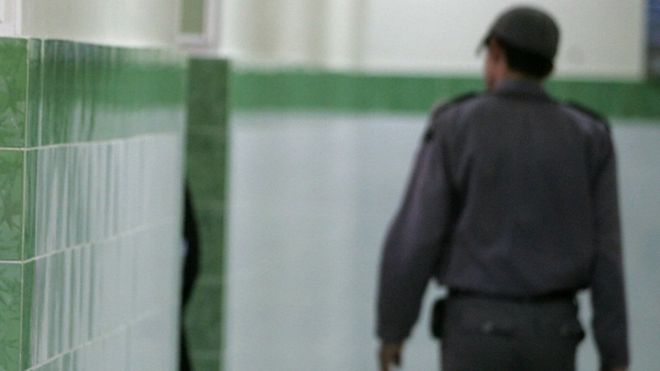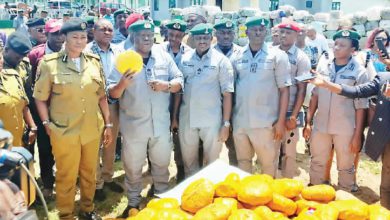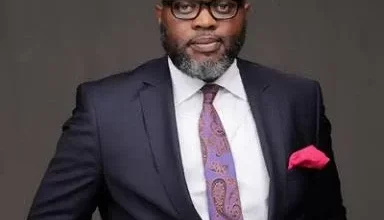
- Two British-Australian women and an Australian man have been detained in Iran amid growing tensions between London and Tehran.
Two British-Australian women and an Australian man have been detained in Iran amid growing tensions between London and Tehran.
One of the women was arrested with her boyfriend 10 weeks ago on unknown charges and another woman was jailed for 10 years, according to the Times.
Iran has held several dual nationals in recent years, including the British-Iranian Nazanin Zaghari-Ratcliffe.
Her husband said: “This hostage diplomacy cannot go on.”
Relations between the UK and Iran have been strained in recent months by a row over the seizure of oil tankers in the Gulf.
On Tuesday, Foreign Secretary Dominic Raab summoned the Iranian ambassador to the Foreign Office, saying that Iran had broken its promise not to send oil from a seized tanker to Syria.
The two British-Australian women are believed to be the first British passport holders without dual Iranian nationality to be held in the country in recent years.
Australia’s government said it was assisting the detainees’ families. The cases are not thought to be linked.
The BBC understands the two British-Australian women are in Tehran’s Evin jail, where Mrs Zaghari-Ratcliffe, 41, a mother of one from London, has been held on spying charges since 2016. She denies the allegations.
One of the women being detained is reportedly a blogger who was travelling through Asia with her Australian boyfriend.
A source told the BBC that she has been told she is being held as part of a plan for a potential prisoner swap with Australia.
The second woman is said to be an academic who studied at the University of Cambridge and was lecturing at an Australian university.
While the charges against the second woman remain unclear, 10-year terms are routinely given in Iran for spying charges, the Times said.
One of the women is thought to be in the same ward for female political prisoners as Mrs Zaghari-Ratcliffe.
Her husband, Richard Ratcliffe, said: “Our hearts reach out to the families involved. It is tough being at the wrong end of Iran’s hostage-taking.
“I hope Boris Johnson and Dominic Raab use their upcoming meetings at the UN to make clear to Iran that enough is enough.
“This hostage diplomacy cannot go on.”
The Foreign Office (FCO) said the Australian Department of Foreign Affairs and Trade (DFAT) was leading on the cases. The DFAT told the BBC it would not comment further after confirming it was providing consular assistance.
Tulip Siddiq, who is Mrs Zaghari-Ratcliffe’s MP, responded to the news, tweeting: “Iran once again ups the stakes.
“This is a wake up call for our prime minister, government and ministers that they must act urgently to bring our innocent citizens home.”
Former Foreign Office minister Alistair Burt told BBC Radio 4’s Today programme: “Iran does work on a basis of putting the pressure on these countries that it believes are hostile to it.
“And hostage-taking appears to be part of the practice.”
He said the policy of detaining people “means that it makes it very difficult for those who want a different relationship with Iran to get on the front foot with those who regard it as unremittingly hostile.”
The Australian government said its travel advice for some parts of Iran was that it was not safe to travel.
It warns “there is a risk that foreigners, including Australians, could be arbitrarily detained, or arrested”.
The FCO website also warns of the risks from travelling in Iran. “The security forces may be suspicious of people with British connections,” it states.
Iran’s judiciary said last month it had sentenced a British-Iranian dual national to 10 years for allegedly spying for Israel.
Anousheh Ashouri was detained over allegations he was working for the Mossad intelligence agency. He was also given an additional two-year jail term for illicitly acquiring money and fined $36,600 (£29,850).
Tensions between Iran and the US have heightened in recent months.
In July, the UK became involved when British Royal Marines helped detain an Iranian tanker in waters off the British overseas territory of Gibraltar.
The Adrian Darya One – previously called Grace One – was released after Iran gave written assurances that it was not bound for Syria.
But Mr Raab said it was clear the ship had transferred its cargo in Syria after being released.
In a statement, the foreign office said Iran’s actions represented an “unacceptable violation of international norms” and that the UK would raise the issue at the UN General Assembly later this month.
But an Iranian foreign ministry spokesman would only say the ship had delivered its cargo after docking “on the Mediterranean coast”.



